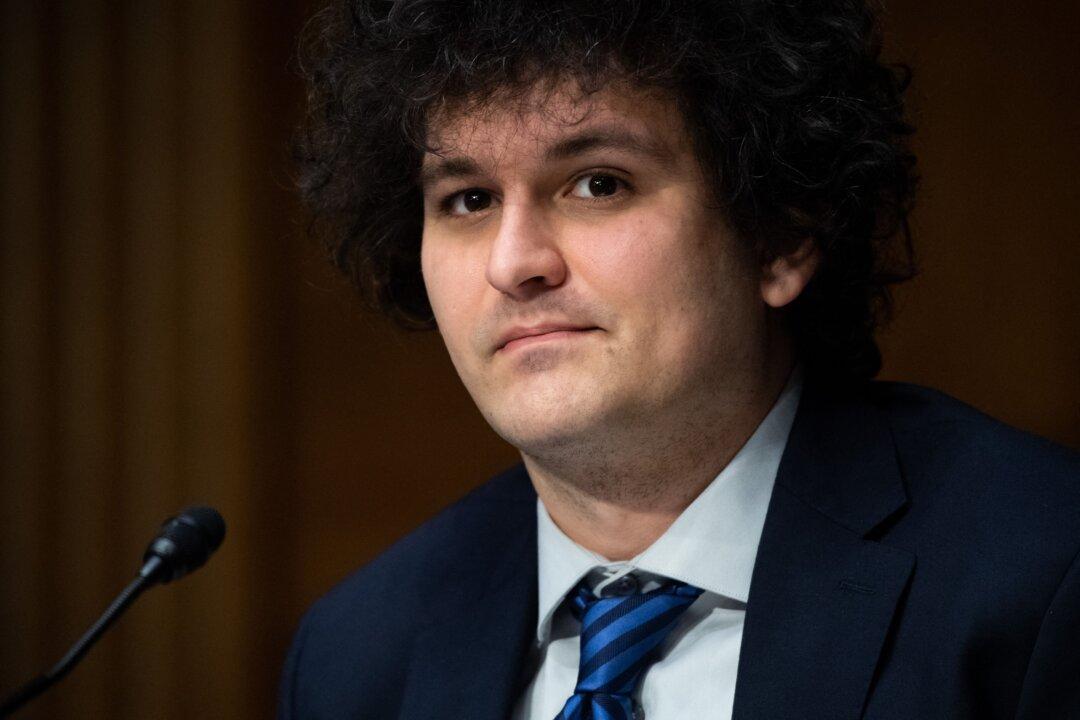Commentary
Nothing is corruptible as a motivation that is universally celebrated as perfect. There will always be a danger that such an unquestioned motivation works as a perfect cover for egregious moral harm. The writings of H.L. Mencken on puritanism come to mind. In his literary career, he cultivated a keen awareness of how and when public figures deploy moral purity as a disguise for the opposite.





